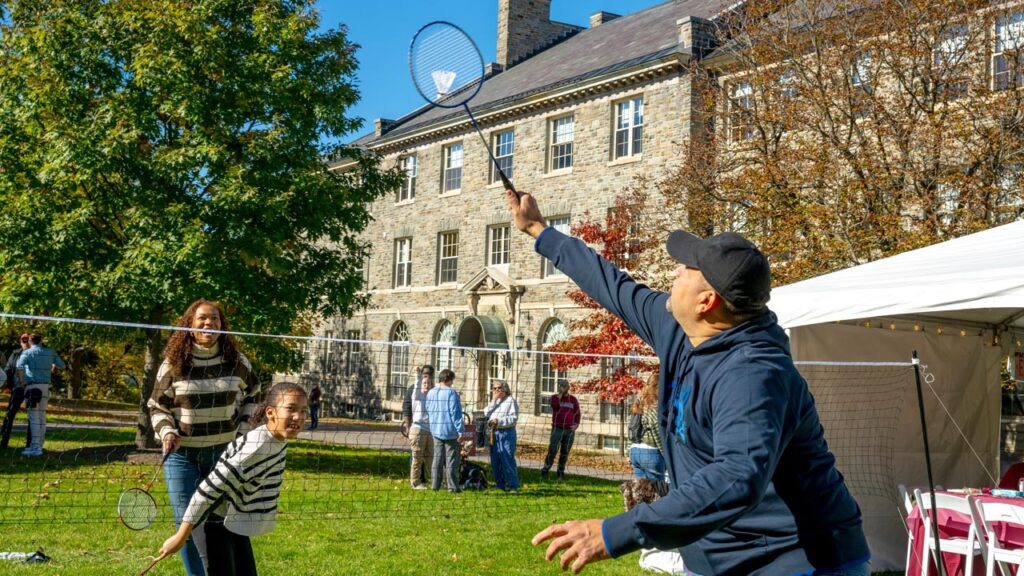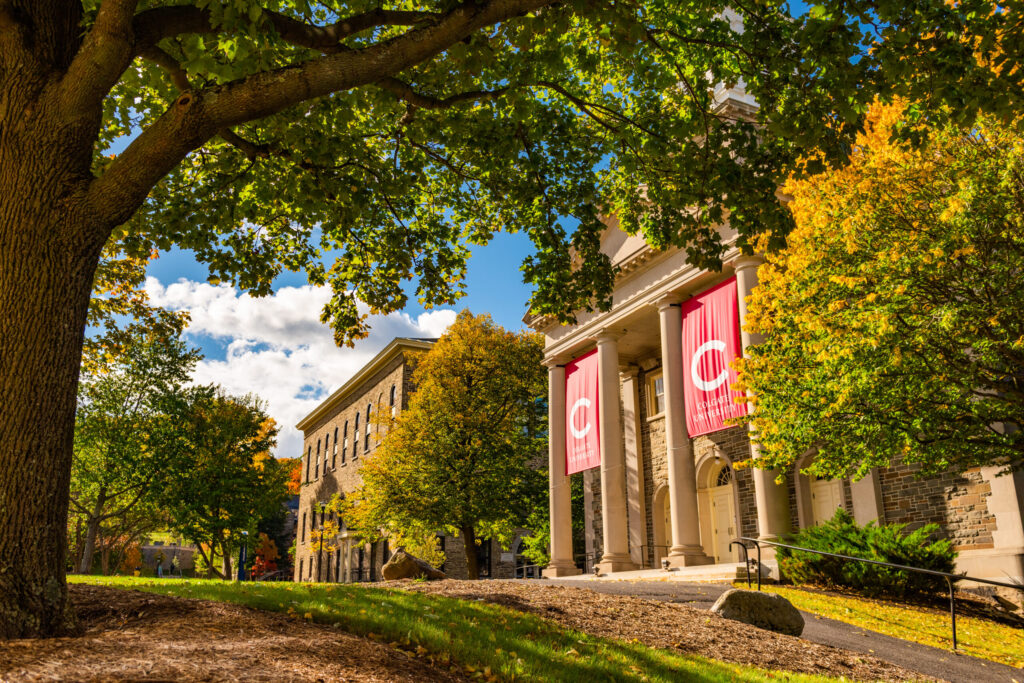H1 – The quick brown fox jumps over the lazy dog
H2 – The quick brown fox jumps over the lazy dog
H3 – The quick brown fox jumps over the lazy dog
H4 – The quick brown fox jumps over the lazy dog
H5 – The quick brown fox jumps over the lazy dog
H6 – The quick brown fox jumps over the lazy dog
Lorem ipsum dolor sit amet, consectetur adipiscing elit. Ut aliquet porttitor laoreet. In a condimentum odio. Duis eget nunc ac velit dignissim aliquet. Donec tempor non est eget efficitur. Proin nec tellus ligula. Nullam nec metus quis est tincidunt pharetra tempor ut mauris. Phasellus condimentum nec metus a semper. Phasellus in hendrerit eros, convallis ultrices enim. Sed id dolor tellus. Vivamus sit amet faucibus nisl. Curabitur a velit in eros facilisis dapibus eu sed velit. Duis dignissim augue eu elit varius, quis aliquet mauris lobortis. In nec ipsum diam.
Donec mauris quam, viverra et elit id, semper luctus velit. Sed tellus ipsum, tempus eget blandit at, suscipit non tortor. Donec vitae enim eu sapien consectetur dignissim non sit amet urna. Aliquam ac enim urna. Aenean magna sapien, feugiat eget aliquam a, blandit et felis. Praesent in dolor mi. Donec fermentum, nulla id interdum pulvinar, odio quam viverra sapien, eget accumsan risus neque sit amet risus. Quisque pretium sodales tellus, eget elementum nunc commodo ut. Cras mattis nunc et venenatis condimentum. Donec interdum massa turpis, vitae tristique leo efficitur et. Vivamus blandit sapien sed convallis iaculis. Nunc ultrices, ipsum ac consequat facilisis, tellus mauris sodales elit, ut venenatis nisl urna vel diam.
Cras gravida, arcu non ullamcorper hendrerit, sapien enim porttitor quam, quis auctor diam lorem ultrices nulla. Cras luctus purus nec odio malesuada, vel posuere mauris eleifend.
Cras gravida, arcu non ullamcorper hendrerit, sapien enim porttitor quam, quis auctor diam lorem ultrices nulla. Cras luctus purus nec odio malesuada, vel posuere mauris eleifend.
Default – Lorem ipsum dolor sit amet
Cras gravida, arcu non ullamcorper hendrerit, sapien enim porttitor quam, quis auctor diam lorem ultrices nulla. Cras luctus purus nec odio malesuada, vel posuere mauris eleifend.
Solid Background – Lorem ipsum dolor sit amet
Cras gravida, arcu non ullamcorper hendrerit, sapien enim porttitor quam, quis auctor diam lorem ultrices nulla. Cras luctus purus nec odio malesuada, vel posuere mauris eleifend.
Solid Background with image – Lorem ipsum dolor sit amet
Cras gravida, arcu non ullamcorper hendrerit, sapien enim porttitor quam, quis auctor diam lorem ultrices nulla. Cras luctus purus nec odio malesuada, vel posuere mauris eleifend.
Modern Quote – Lorem ipsum dolor sit amet
Lorem ipsum dolor sit amet, consectetur adipiscing elit. Ut aliquet porttitor laoreet. In a condimentum odio. Duis eget nunc ac velit dignissim aliquet. Donec tempor non est eget efficitur. Proin nec tellus ligula. Nullam nec metus quis est tincidunt pharetra tempor ut mauris. Phasellus condimentum nec metus a semper. Phasellus in hendrerit eros, convallis ultrices enim. Sed id dolor tellus. Vivamus sit amet faucibus nisl. Curabitur a velit in eros facilisis dapibus eu sed velit. Duis dignissim augue eu elit varius, quis aliquet mauris lobortis. In nec ipsum diam.








Donec mauris quam, viverra et elit id, semper luctus velit. Sed tellus ipsum, tempus eget blandit at, suscipit non tortor. Donec vitae enim eu sapien consectetur dignissim non sit amet urna. Aliquam ac enim urna. Aenean magna sapien, feugiat eget aliquam a, blandit et felis. Praesent in dolor mi. Donec fermentum, nulla id interdum pulvinar, odio quam viverra sapien, eget accumsan risus neque sit amet risus. Quisque pretium sodales tellus, eget elementum nunc commodo ut. Cras mattis nunc et venenatis condimentum. Donec interdum massa turpis, vitae tristique leo efficitur et. Vivamus blandit sapien sed convallis iaculis. Nunc ultrices, ipsum ac consequat facilisis, tellus mauris sodales elit, ut venenatis nisl urna vel diam.

Cras viverra sagittis semper. Nam elementum varius sapien, a hendrerit velit. Sed bibendum lacus diam, aliquam faucibus quam sodales in. Vivamus ultricies nisl eu massa porttitor tristique. Praesent in dui id odio lobortis facilisis. Etiam magna libero, aliquam non fringilla vitae, laoreet vel sem. Praesent urna odio, commodo non dictum et, tincidunt sed elit. Nullam dignissim commodo magna sit amet tincidunt. Fusce tincidunt a tellus lobortis cursus. Mauris felis velit, sagittis in erat id, pharetra lobortis leo. Donec suscipit elit vitae blandit fermentum. Suspendisse potenti. Quisque tristique suscipit condimentum. Vivamus tempus bibendum ante, vitae porttitor quam tincidunt quis.

